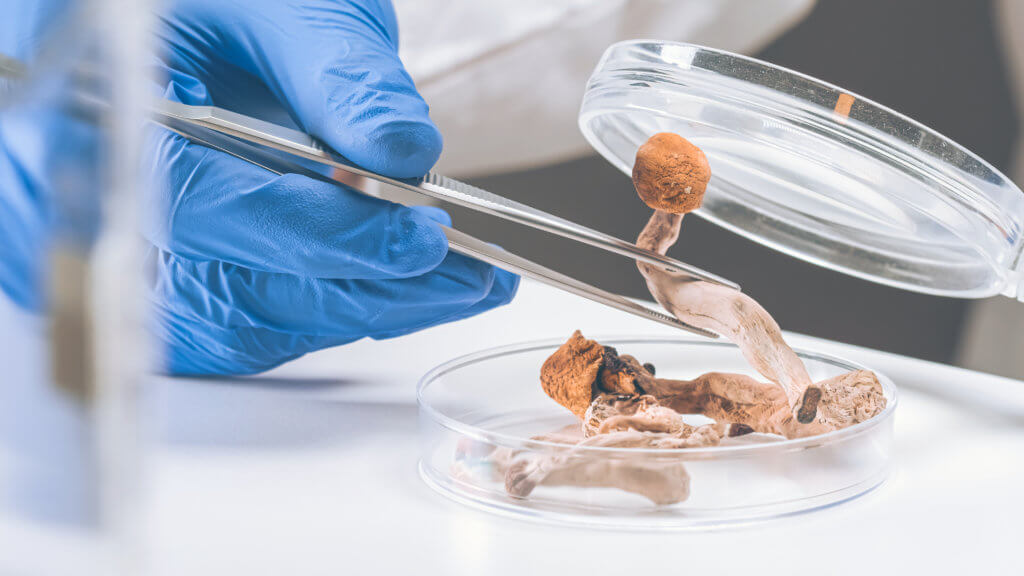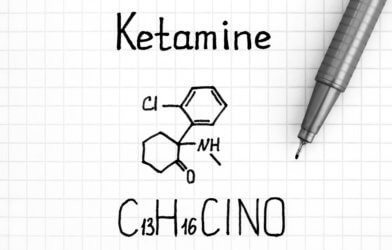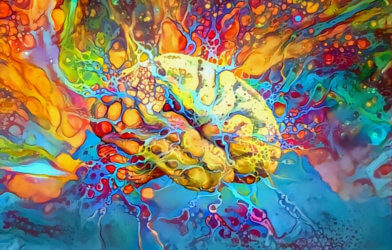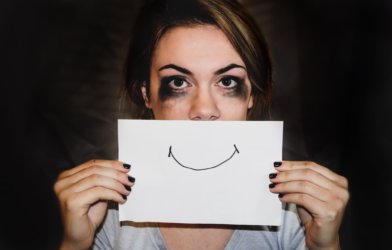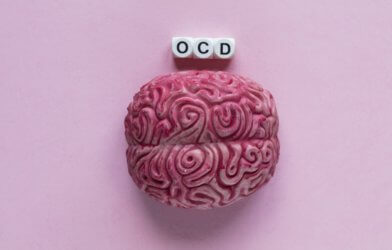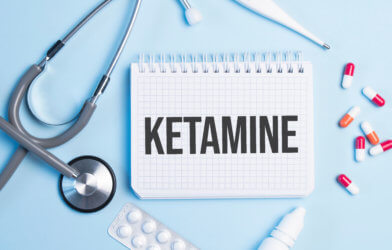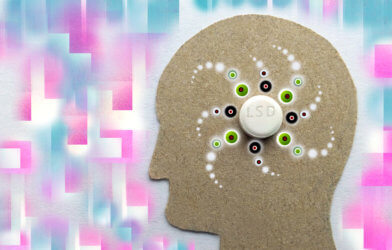Two-thirds of Americans affected by anxiety, depression, and post-traumatic stress disorder (PTSD) are ready to explore the world of psychedelics. With more and more research showing the mental health benefits from small doses of drugs like psilocybin, ketamine, and MDMA, a recent survey shows patients believe they should now be offered as a treatment option.
The survey was conducted online in December of 2021 by The Harris Poll on behalf of Delic Holdings Corp. It asked 2,037 American adults — 953 of whom had been diagnosed with anxiety, depression, or PTSD — to share their experiences and perspectives on topics of medication, therapy, and symptom management.
Their results found that approximately 63% of diagnosed participants reported residual symptoms of their diagnosis, even while using an effective prescription. Yet another 18% shared that medication did not help or worsened their symptoms.
“We are witnessing a silent crisis impacting people across the globe exacerbated by an ongoing pandemic,” says Matt Stang, co-founder and CEO of Delic, in a statement. “The results of this survey should compel more medical professionals and lawmakers to support in-depth studies on the therapeutic benefits of psychedelic medicine.”
Previous studies have indicated that psychedelic medications may be able to achieve positive results in the treatment of mental illnesses like anxiety, depression, and PTSD. In 2014, researchers at Icahn School of Medicine at Mount Sinai conducted a double-blind study in 41 participants testing the efficacy of ketamine as a treatment for patients with chronic PTSD. Results showed that participants receiving intravenous ketamine experienced a rapid marked decrease in symptoms when compared with midazolam.
A 2020 study by researchers at Johns Hopkins Medicine found that psilocybin paired with supportive psychotherapy yielded favorable results in patients with major depression. Of the 24 study participants, 67% reported a 50% decrease in depressive symptoms. After four weeks following treatment, 54% of participants had entered remission.
Results from the current study show that 83% of survey participants suffering from treatment-resistant anxiety, depression, and PTSD would be interested in exploring alternative treatment options. In fact, 66% would pursue ketamine treatment if proven to be more effective and have fewer side effects than their prescription, with 62% saying the same about psilocybin, and 56% about MDMA.
“This promising family of new medicines has the potential to be more effective than traditional medicines with minimal side effects, giving people their best selves back,” said Stang. “Our country’s mental health crisis not only impacts public health, but also the economy–each year, untreated mental illness costs the U.S. up to $300 billion in lost productivity.”
Results of this survey were originally shared by Delic Corp.
Article written by Anna Landry
